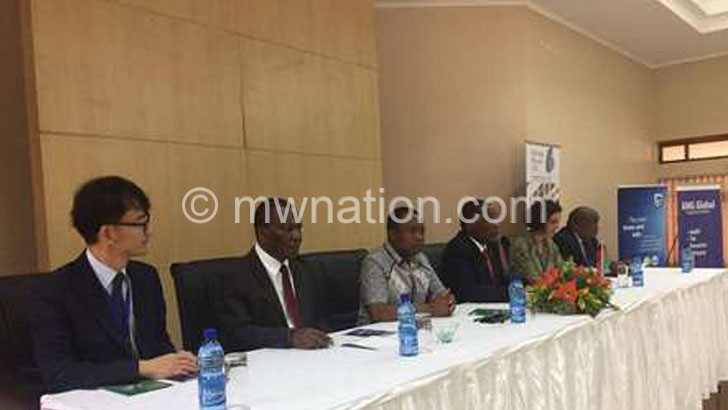Economists take stock of economy
Economists under the banner of Economics Association of Malawi (Ecama) yesterday convened for their annual meeting in Mangochi to dissect the country’s economy and take stock of how it has performed over the past year.
In their opening speeches, the speakers—Minister of Agriculture, Irrigation and Water Development Joseph Mwanamvekha, Reserve Bank of Malawi (RBM) Governor Dalitso Kabambe and Ecama president Chikumbutso Kalilombe—agreed that the country’s economy is stable based on macroeconomic fundamentals, but more needs to be done to ensure the growth trickles down.

However, the concern was how power outages, with Escom’s load-shedding of up to nine hours, have crippled industrial output and threaten economic growth in the short to medium-term.
Mwanamvekha, who was the guest of honour, observed that if the macroeconomic stability is sustained, it could be a catalyst for transformative, inclusive and sustainable economic growth.
“This is why this conference is important because we will reflect together on what worked and what did not, and this will enable us to offer evidence-based advice that would feed into the country’s economic policy formulation process, implementation and monitoring,” he said.
Mwanamvekha, however, noted that the macroeconomic improvements would mean nothing if the attained growth is not inclusive and cannot be sustained.
“Economic growth needs to be sustainable for it to have a life-long impact on the lives of people. It is, therefore, important that economic growth interventions should be economically feasible, socially acceptable, and environmentally friendly,” he said.
In his speech, Kabambe, who is also Ecama board of trustees chairperson, chronicled the performance of the economy over the past five years, adding that the story is “quite intriguing”.
Despite inflation rate, now at 9.7 percent, being on the upward spiral for the past four months, he noted that this is not a cause for worry as the central bank already projected this scenario based on global oil and maize prices and electricity tariff hike.
“Our medium term objective is to get inflation down to five percent by the first quarter of 2021 and this will be done. Our exchange rate has also defied the infamous seasonality adage as it has remained broadly stable for over two years now coupled with a build-up of official reserves from less than a month back in 2012 to consistently above three months for over two years now,” he said.
On her part, UNDP resident representative Maria Jose Torres said the country’s population growth is an economic challenge, but said there is opportunity in demographic dividend—the economic growth potential that can result from shifts in a population’s age structure.
He spoke on the need to diversify sources of economic growth, but warned that “there can be no diversification if there is no access to electricity”.
The economists observed a minute of silence in honour of late Mathews Chikaonda, who was a member of the board of trustees of Ecama.





